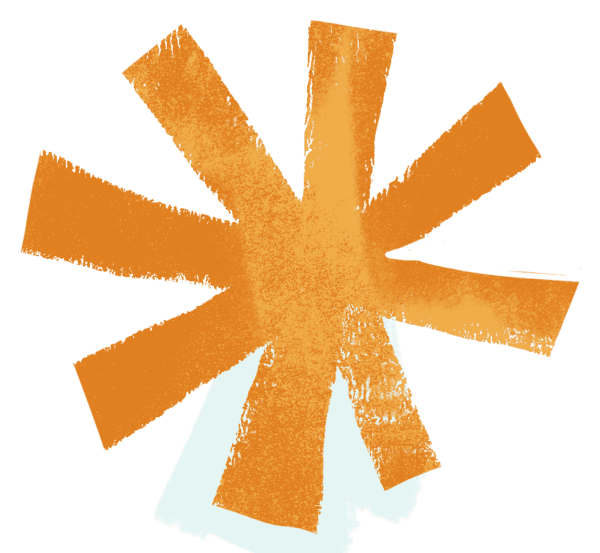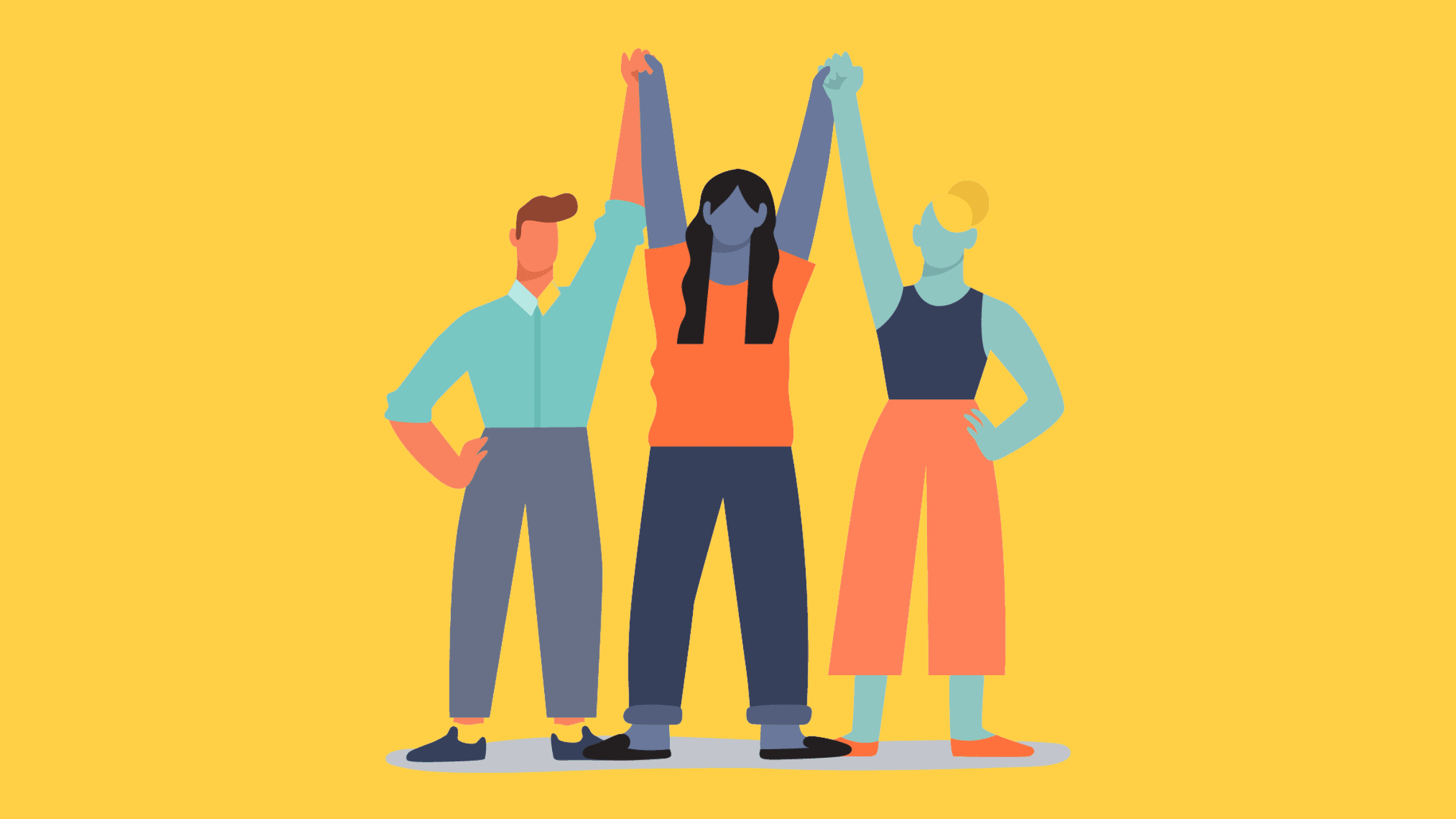Global 

Global 

We recently reflected on our Justice, Equity, Diversity and Inclusion (JEDI) journey. We invite you to listen to our conversation below about what we’ve learned, and how we have explored, learned from missteps, found new opportunities and made adjustments to make forward progress.
Like many sectors, philanthropy and the organizations we partner with experienced a tectonic shift in the last several years. The pandemics that occurred in tandem—COVID and a global racial reckoning—forced us to look inwards and reflect on how we might be perpetuating values of white supremacy and causing harm to the same communities we aim to support. Out of this “awakening” came a wave of organizations that committed to “DEI” and issued statements—ourselves included. We are working hard to ensure these aren’t just words on our website, but is a practice that’s woven across our company culture. Our team has done a lot of learning and unlearning ways that enable us to show up differently for ourselves and our partners.
To build towards a more equitable future that we imagine for learners, families and communities, we must work together to foster well-being and dismantle systemic barriers. Our journey with JEDI is one that does not end, and is not a singular path that gets from one point to another, but is a practice that strengthens our capacity to do more. Thank you for being here with us, along the journey.
Our journey with JEDI is one that does not end, and is not a singular path that gets from one point to another, but is a practice that strengthens our capacity to do more.
To learn more about our JEDI journey, we invite you to read the following: